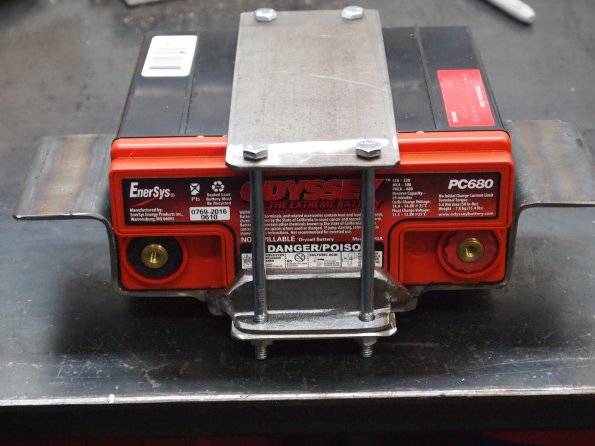Nat3dog
New Member
I just got my bucket from a guy last week. It was sitting in his garage a couple of years and started every month just to keep it running. I had to buy a new battery for it but I do not think it is strong enough. After driving it around for a bit if I turn it off and then back on it has trouble some times. I know it is not the alternator because I used my battery out of my durango and it starts right up. Then I unhook that battery and it runs fine on the alternator. The battery advanced auto had me try has cold cranking amps 500 cranking amps 625 reserve 80. It is running on a chevy 305 small block if that helps at all.
Can anyone tell me what size battery I should be using?
Can anyone tell me what size battery I should be using?




